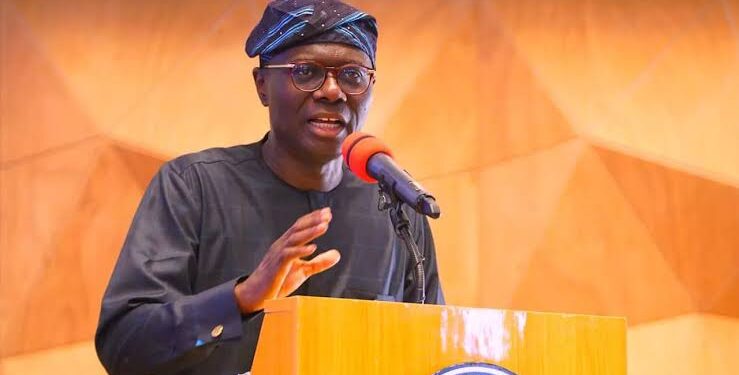According to the Lagos State Government, 20,000 bags of food have been distributed to the state’s religious organisations. It goes on to say that the goal is to lessen the impact of adversity on the state’s citizens.
The distribution got underway on Wednesday at the Lagos State Auditorium in Alausa, Ikeja, according to Mr. Abdullahi Jebe, the governor’s special adviser on Islamic religion.
He stated that the governor had distributed palliatives to various segments of the state’s population. “Associations like Community Development Associations (CDAs) and Community Development Committees (CDCs) have benefited from the distribution of palliatives.
According to the News Agency of Nigeria (NAN), the Ministry of Home Affairs is organising the distribution on behalf of the state government.

“A food package includes 10kg of rice, 5kg of beans, and 5kg of cassava flakes (garri). “These are being delivered to Muslim groups, while 10,000 bags will be distributed to Christian organisations.
“Today we are here to start the distribution, we supposed to have done this, but because of the protest, we delayed,” according to him.
Adewunmi Ogunsanya, the Permanent Secretary for Home Affairs, praised Sanwo-Olu for her idea.
What they’re saying
“This palliative is an intervention to help the underprivileged in society. “It impacted all sections of the state. We came to the auditorium because we prefer a central location.
“It is important to note that the governor set up a Governor’s Advisory Council for this purpose,” she told reporters.Adebukola Adeleke, Special Adviser to the Governor on Religion (Christian), stated that 10,000 bags of the “Ounje Eko” had also began to be distributed to Christian organisations and groups across the state’s 20 local governments and 37 local council development zones.
Bottom Line
The initiative is a targeted approach to providing relief to some of the most vulnerable segments of the population, particularly those associated with religious organizations. This strategy can be effective in reaching people who might otherwise be missed by broader distribution methods, as religious organizations often have deep community ties and a clear understanding of their members’ needs.

















